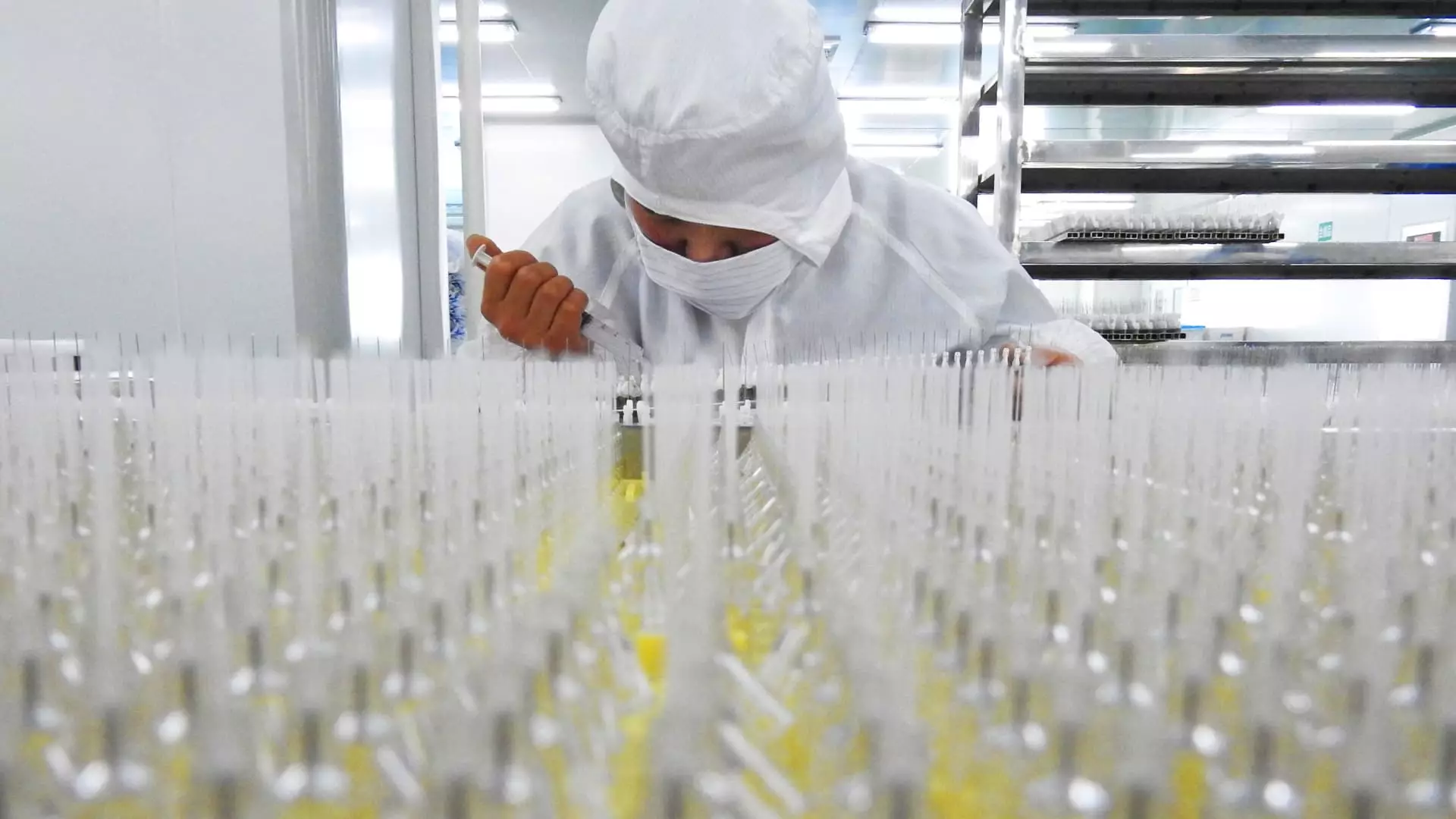In recent weeks, the simmering conflict between China and the European Union has taken a dangerous turn, revealing the fragility of international economic cooperation. Both parties have initiated striking measures: China restricting medical device purchases from the EU, and the EU responding with tariff barriers to Chinese exports. These actions expose a disturbing trend toward protectionism that threatens to destabilize the global economic landscape. Rather than engaging in constructive dialogue, both sides seem ensnared in a tit-for-tat strategy, which ultimately hampers the very growth and innovation they claim to protect. This escalation reflects a broader tendency among major powers to prioritize short-term national interests over the collective benefit of the interconnected world market.
Protectionism as a Self-Defeating Strategy
China’s decision to curtail EU medical device imports and impose limitations based on component origins exemplifies how protectionism undermines long-term economic growth. While ostensibly aimed at safeguarding domestic industries, such measures often backfire by reducing market efficiency and deterring foreign investment. Furthermore, these tariffs may provoke further restrictions in retaliation, creating a vicious cycle of economic isolation. The EU’s response—barring Chinese firms from public tenders and imposing tariffs—only aggravates this cycle, diminishing the chances for genuine cooperation and technological innovation. Such strategies, driven by nationalism or geopolitical grudges, ultimately hurt consumers and businesses that rely on open markets. The world’s economic architecture cannot afford these self-inflicted wounds, especially when global issues like climate change and public health demand united efforts.
The Danger of Fragmented Global Markets
The ongoing trade tensions threaten to fracture the global economic order along nationalistic lines. Major economies like China and the EU possess significant influence, and their protectionist moves risk setting dangerous precedents for other nations. If they continue down this path, a domino effect could ensue, with emerging economies feeling compelled to follow suit—leading to a fragmented world economy with reduced cooperation and increased uncertainty. This shift would be especially harmful in sectors like healthcare and technology, where international collaboration and free exchange of ideas drive progress. Instead of fostering a climate conducive to innovation, protectionist policies breed suspicion and mistrust, making mutually beneficial solutions unattainable. The challenge lies in balancing national interests with the acknowledgment that global interdependence is inevitable and, in fact, necessary for sustainable progress.
A Call for Pragmatism and Diplomacy, Not Retaliation
The current trajectory underscores the urgent need for pragmatic diplomacy rooted in mutual respect and understanding. Both China and the EU should recognize that protectionism is a choice that ultimately undermines their strategic goals. Instead, they should pursue open dialogue, transparency, and genuine efforts to address grievances without resorting to punitive measures. If these economic powers continue to engage in protectionist battles, they risk alienating their partners and stalling their own development in the process. The path forward requires a willingness to compromise and a recognition that long-term peace and prosperity depend on maintaining open channels for trade and collaboration. Ignoring this moral imperative only prolongs the cycle of hostility, leaving everyone worse off.


Leave a Reply